
Crescent library brings privacy to digital identity systems
Crescent helps make digital IDs private by preventing tracking across uses while letting users only disclose what’s necessary from their credentials.

Crescent helps make digital IDs private by preventing tracking across uses while letting users only disclose what’s necessary from their credentials.

Recently, we released a paper Working with AI: Measuring the Occupational Implications of Generative AI that studied what occupations might find AI chatbots useful, and to what degree. The paper sparked significant discussion, which is no surprise since people care deeply about the future of AI and jobs--that’s part of why we think it’s important to study these topics.

MindJourney can enable AI to navigate and interpret 3D environments from limited visual input, potentially improving performance in navigation, planning, and safety-critical tasks.
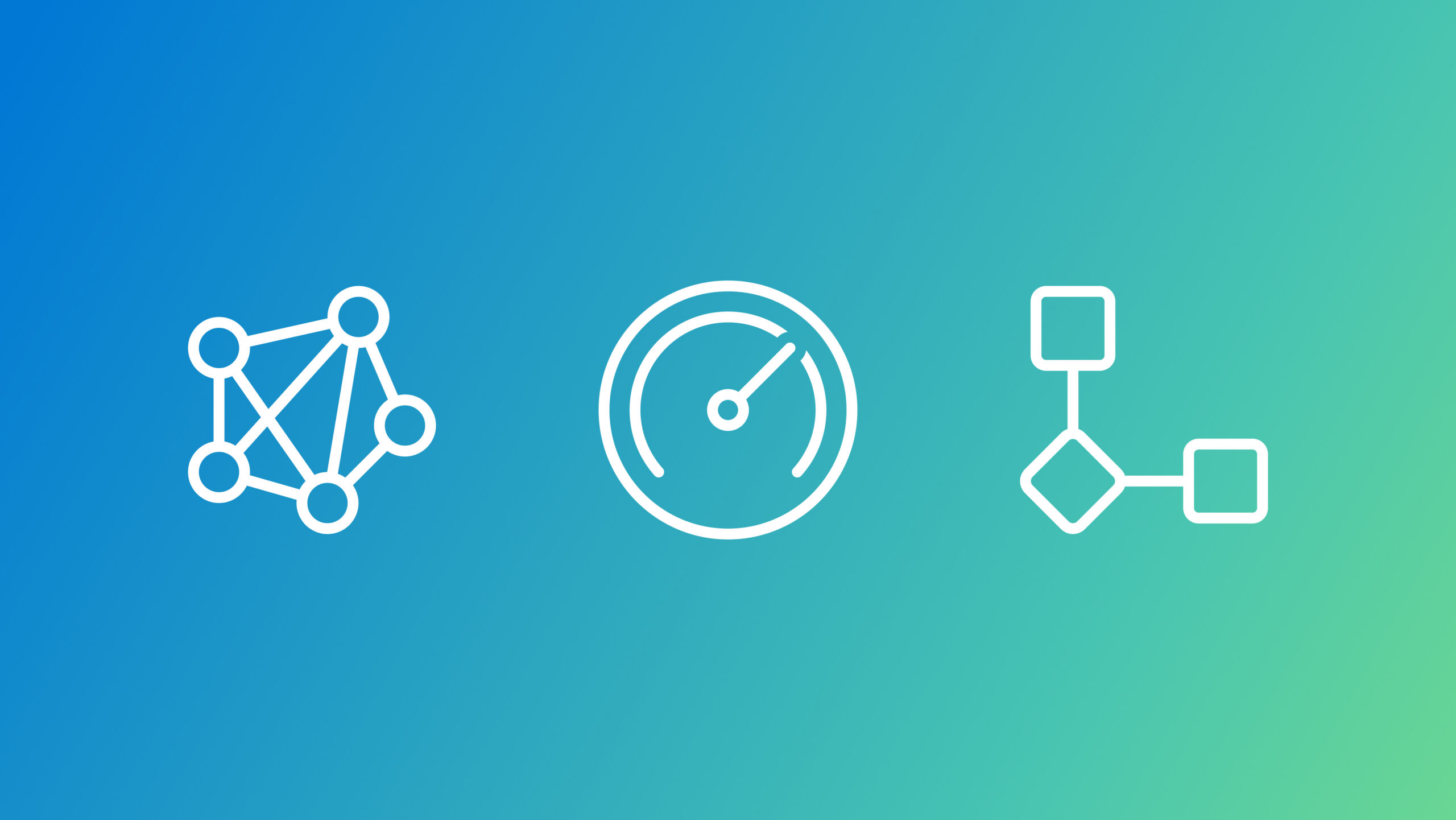
Dion is a new AI model optimization method that boosts scalability and performance over existing leading methods by orthonormalizing only a top rank subset of singular vectors, enabling more efficient training of large models such as LLaMA-3 with reduced overhead.
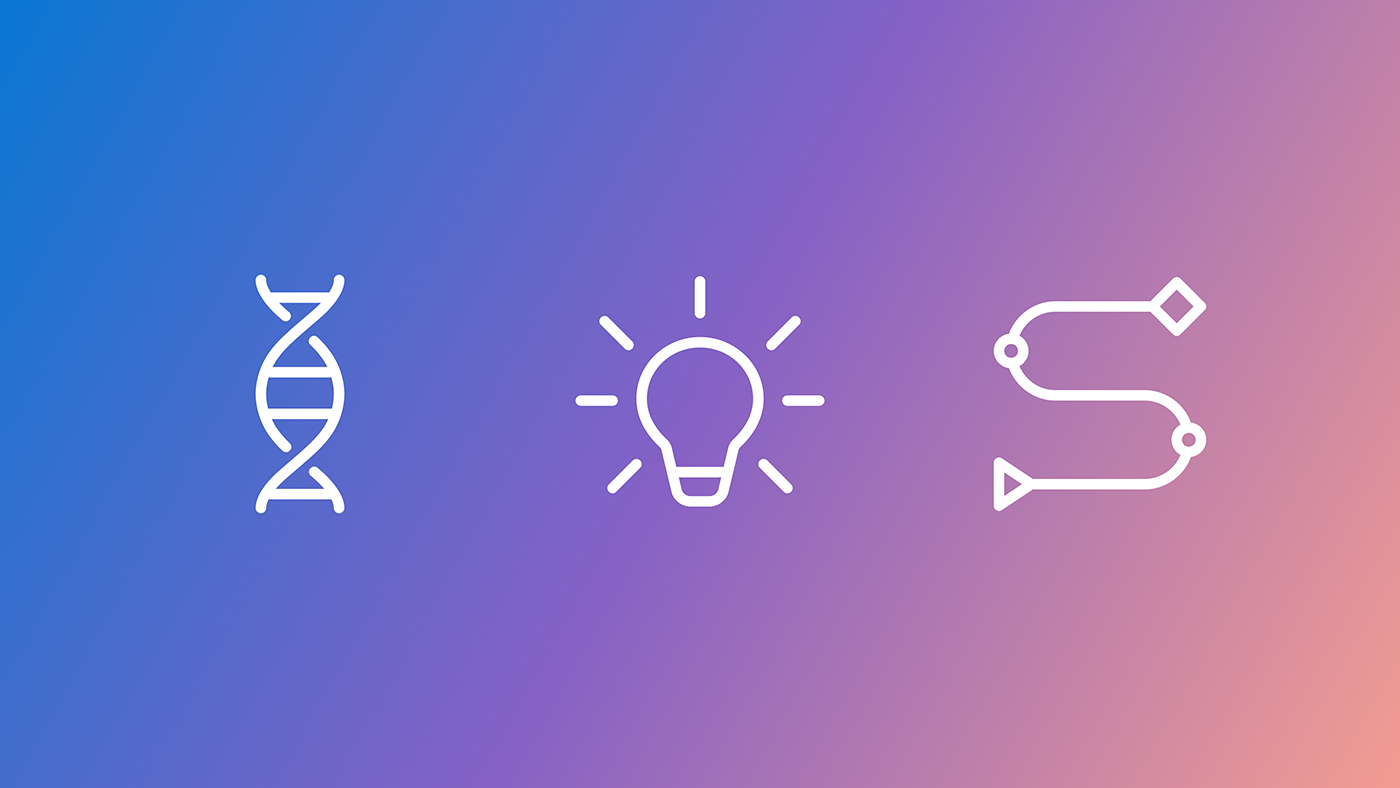
Microsoft is pioneering a vision for a self-adapting AI system that can adapt to the dynamic nature of scientific discovery, promoting deeper, more refined reasoning in complex scientific domains.

Designed to classify software without context, Project Ire replicates the gold standard in malware analysis through reverse engineering. It streamlines a complex, expert-driven process, making large-scale malware detection faster & more consistent.

VeriTrail, new from Microsoft Research, can detect AI-generated content that is not supported by the source text, trace the provenance of content from final output back to the source, and locate where errors were likely introduced.

Xinxing Xu is helping shape the work of Microsoft Research Asia – Singapore by turning advanced AI research into real-world solutions. Learn how he collaborates across sectors and disciplines to drive responsible innovation throughout Southeast Asia.
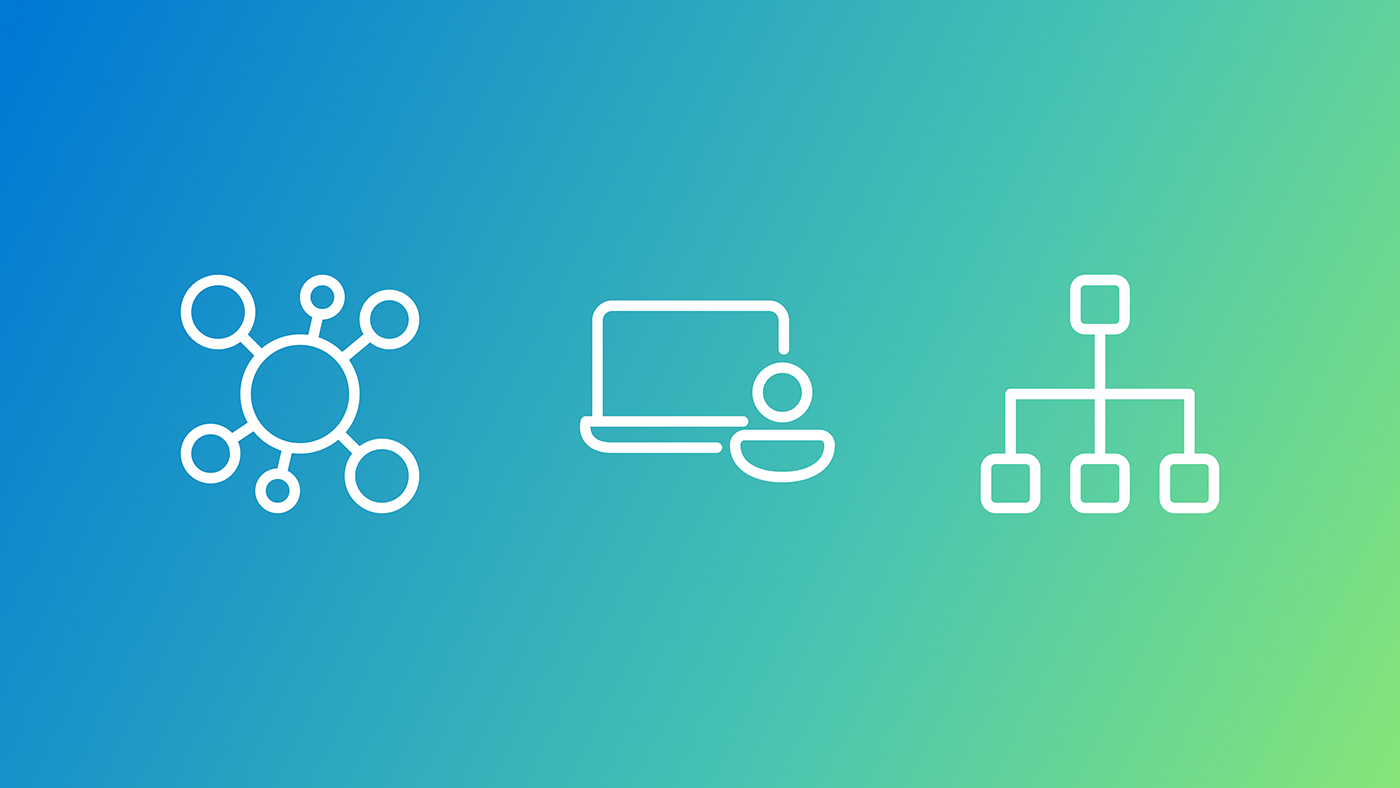
Semantic Telemetry helps LLMs run efficiently, reliably, and in near real-time. Learn about the engineering behind that system, including the trade-offs and lessons learned along the way—from batching strategies to token optimization and orchestration.

Recipient of an ICML 2025 Outstanding Paper Award, CollabLLM improves how LLMs collaborate with users, including knowing when to ask questions and how to adapt tone and communication style to different situations. This approach helps move AI toward more user-centric and trustworthy systems.
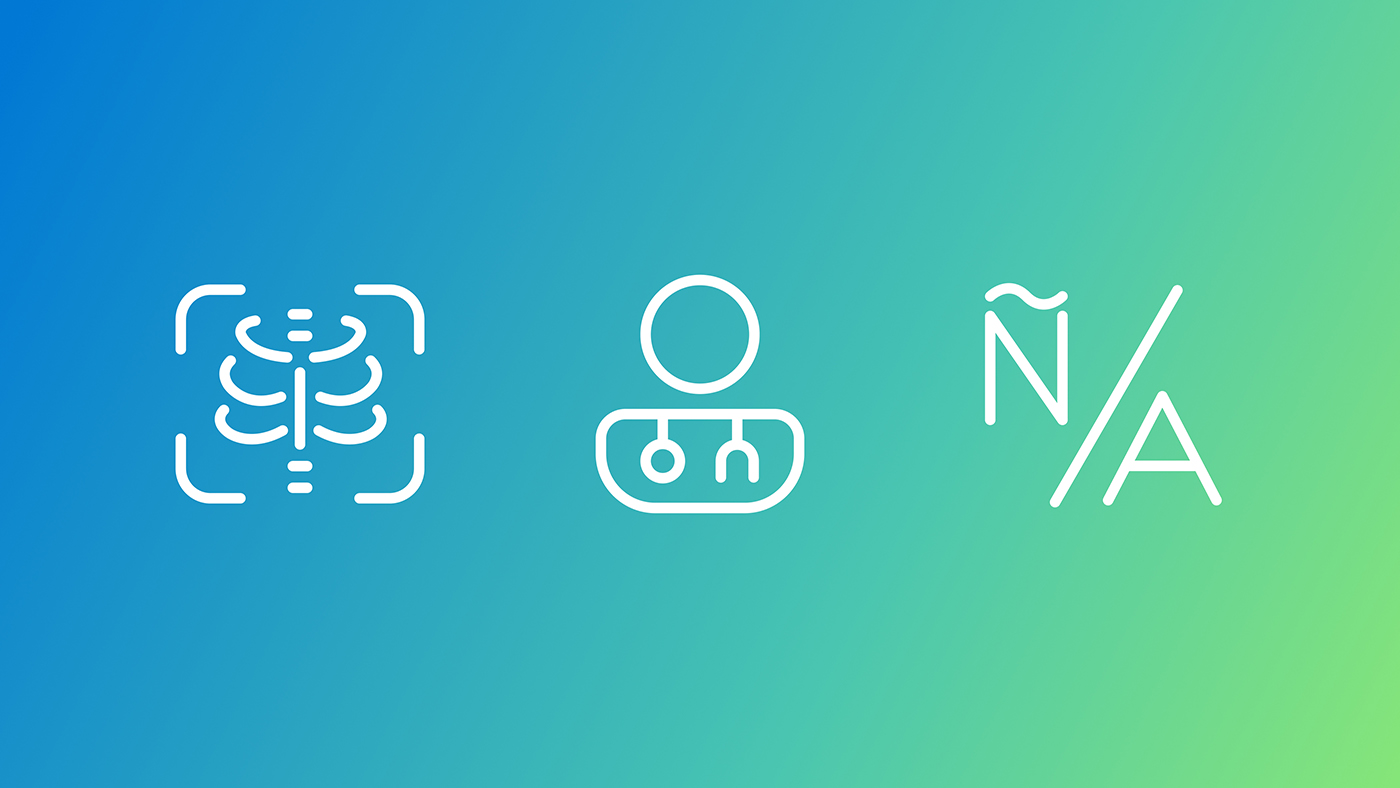
The world’s first multimodal, bilingual radiology dataset could reshape the way radiologists and AI systems make sense of X-rays. PadChest-GR, developed by the University of Alicante with Microsoft Research, has the potential to advance research across the field for years to come.
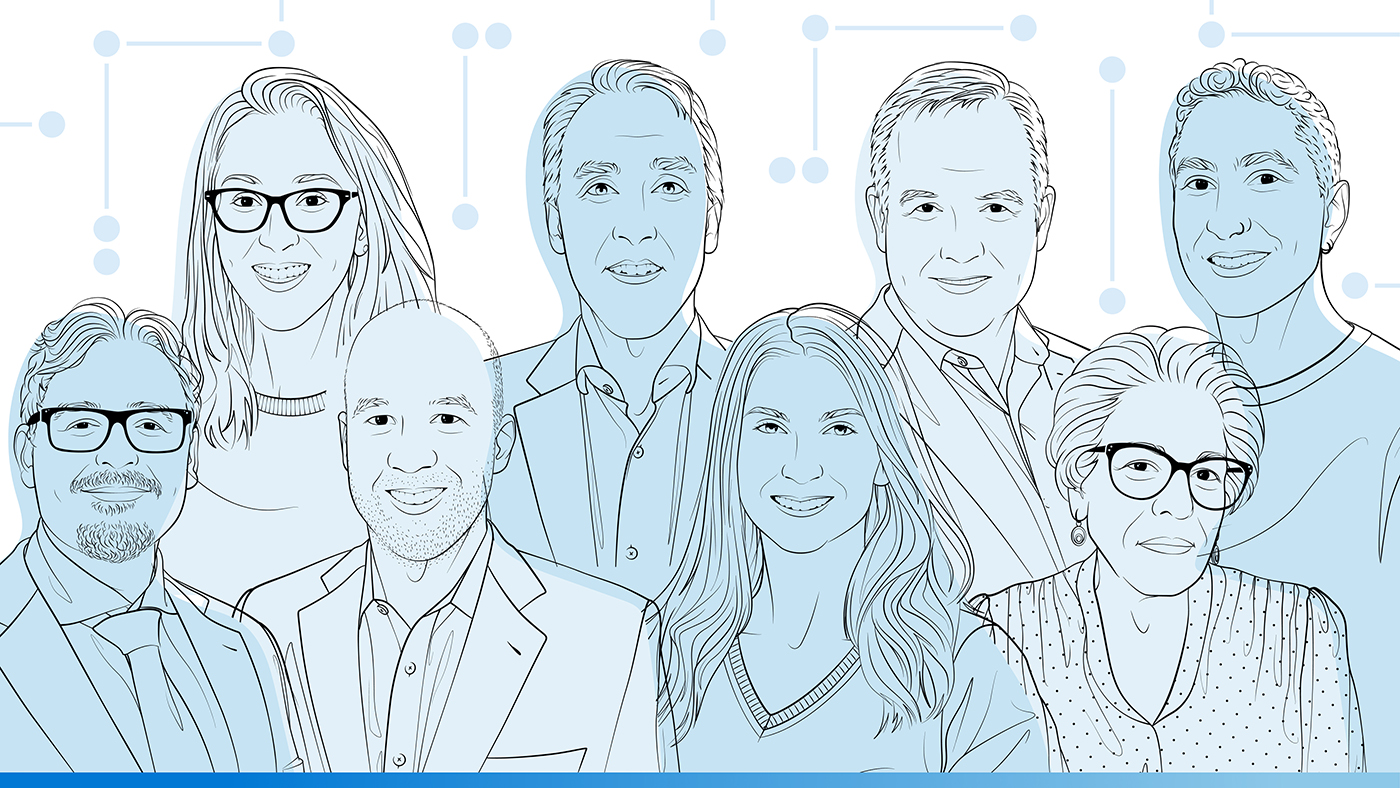
As generative AI becomes more capable and widely deployed, familiar questions from the governance of other transformative technologies have resurfaced. Which opportunities, capabilities, risks, and impacts should be evaluated? Who should conduct evaluations, and at what stages of the technology lifecycle? What tests or measurements…
Meet our community of researchers, learn about exciting research topics, and grow your network
Ongoing conversations at the cutting edge of research
Join us for a continuous exchange of ideas about research in the era of general AI